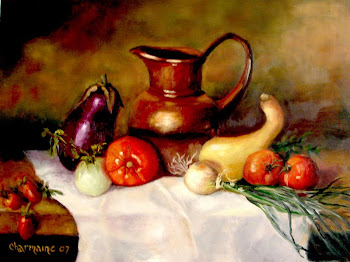Middlemarch is focused on
marriage; the fantasies, the expectations, the disappointments and the trials
which come from all of these facets of the institution. The story has a large cast of characters and
their lives eventually meld together in the village of Middlemarch. George Elliott weaves the story into the
political wrangling on the Reform vote of the day (giving more men the right to
vote). For me, this was a distraction,
but not so heavy that it spoiled the story. Eliot’s writing is elegant with a
wise understanding of human nature. At
times her ideas were complex enough to give me pause in following her meaning,
but I enjoy a little deep thinking in a story.
The banker Bulstrode committed an evil in his younger day which becomes
exposed in his old age in the winding up chapters, but the details of the sin were
not clear.
The BBC has a 7 hour
miniseries of the story that I watched years ago but I didn’t remember much
about it. I watched it again after finishing
the book and felt enjoyably satisfied with the portrayal of the story and
characters. I was hoping my Bulstrode
confusion would be cleared up in the miniseries but it wasn’t laid out any
better than the book. I need to read
that chapter again and try to get some understanding of what happened. This is my 4th George Eliot: Adam Bede, The Mill on the Floss, and Silas
Marner. I have enjoyed them all and
look forward to Daniel Doranda.





No comments:
Post a Comment